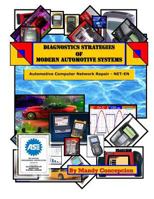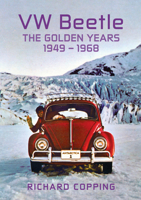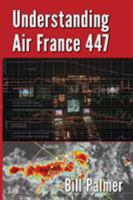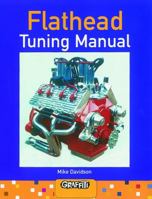Never Stop Driving: A Better Life Behind the Wheel
Select Format
Select Condition 
You Might Also Enjoy
Book Overview
With glorious photography and sharp writing, Never Stop Driving presents the case for the mental and social benefits of driving and engaging with automobiles. It also shows you--from dreaming about a car to living with it--how to jump in and get the most from your machine. There's never been a better time to go for a drive. As a nation, we are chronically overstressed, overworked, and not sleeping enough. Worse yet, our digital devices are taking ever increasing chunks of what remaining free time we do have. Activities that force us to engage with ourselves and the environment around us are needed more than ever. Might I suggest a spin in a four-wheeled escape pod? The car--the act of driving, repairing, maintaining--drives out distraction and demands we be "present." Making the car a pursuit invites not just the freedom of the road, but the potential to connect with thousands of like-minded individuals as well as the pleasure of simply caring for the machine. Further, there's the thrill of commanding an object that represents a high point of human ingenuity and design. Cars invite passion. The first step is embracing the itch and acting on it. Learn how to choose your perfect weekend car, hunt for it, and make the deal. Then, find peace in the wrenches with tips on taking the plunge into maintaining your ride, including how your car can be an opportunity to tear your kids away from their screens and strengthen your bond with them. Next, explore the joy of driving, from scenic byways to taking your car to its performance limit. You'll also tour the various highlights of the driving life, like how to become an automotive archaeologist, the possibilities for those short on cash but high for adventure, the car as a social gathering point, and what the future with autonomous cars means for those who love to drive. Never Stop Driving shines some light on why we find these machines so captivating, offering some inspiration and validation, and finally inviting those who are curious but haven't made the leap to get in the car. Let's roll.
Format:Hardcover
Language:English
ISBN:0760363412
ISBN13:9780760363416
Release Date:July 2019
Publisher:Motorbooks International
Length:192 Pages
Weight:1.70 lbs.
Dimensions:1.0" x 7.4" x 9.1"
Customer Reviews
5 customer ratings | 5 reviews
There are currently no reviews. Be the first to review this work.







































